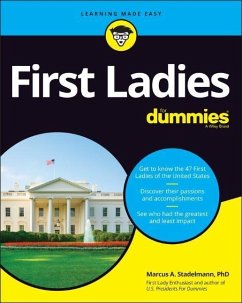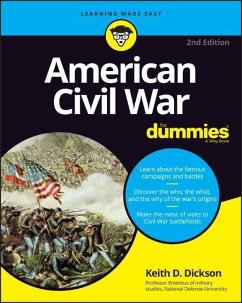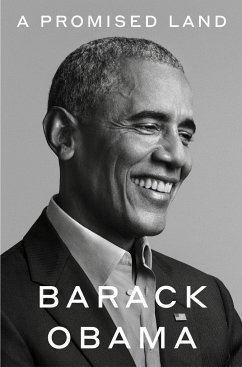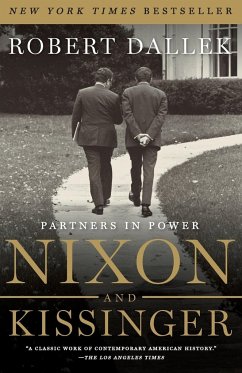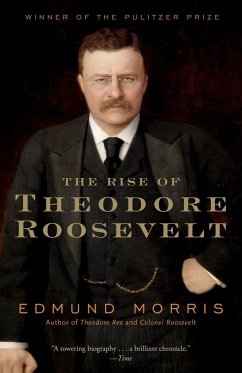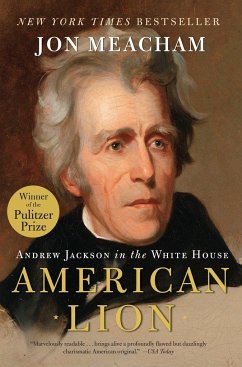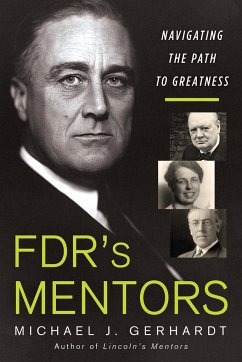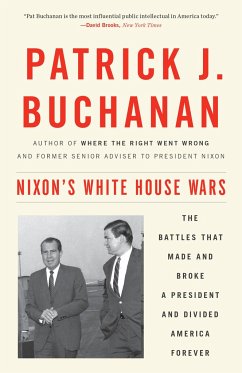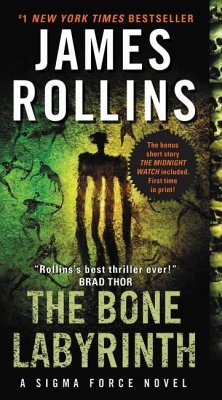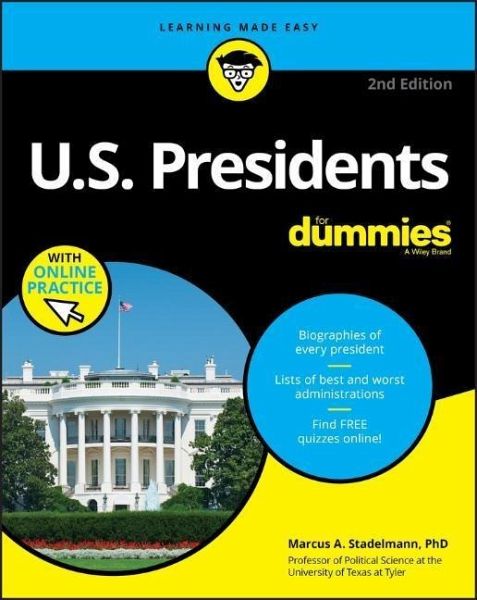
U.S. Presidents for Dummies with Online Practice
Versandkostenfrei!
Versandfertig in 2-4 Wochen
26,99 €
inkl. MwSt.
Weitere Ausgaben:

PAYBACK Punkte
13 °P sammeln!
Discover how the Oval Office's occupants have made and make historyWhich one was the tallest? Which one fought a duel? Which had liquor smuggled into the White House during Prohibition? And why is the president even called the president in the first place? From periwigs and knee breeches to the 24-hour news cycle and presidential Tweets, the fascinating and colorful stories of the 45 incumbents are a powerful lens through which to view U.S. history and get insight into the present.Taking readers on a fact-filled journey through two centuries, this book examines how each individual obtained the...
Discover how the Oval Office's occupants have made and make history
Which one was the tallest? Which one fought a duel? Which had liquor smuggled into the White House during Prohibition? And why is the president even called the president in the first place? From periwigs and knee breeches to the 24-hour news cycle and presidential Tweets, the fascinating and colorful stories of the 45 incumbents are a powerful lens through which to view U.S. history and get insight into the present.
Taking readers on a fact-filled journey through two centuries, this book examines how each individual obtained their dream (or nightmare) position, what they stood for (or against), achieved (or didn't), and how their actions affected the country--for better or worse. And--remembering that presidents are people too--it shows how the personal really can be political, exploring how each president's vision, strengths, and foibles helped or hindered them in building the country and their own legacy.
_ Accessible biographies of all presidents
_ Sidebars, timelines, and photos
_ Lists of best and worst administrations
_ Bonus online content, including quizzes galore to help build retention
Whether you're a student, a history buff--or are even interested in becoming president yourself one day--U. S. Presidents For Dummies is the perfect guide to what it takes to be leader of the free world, who has stepped up to that challenge, and how those personal histories can help us understand yesterday's, today's, and even tomorrow's union.
Which one was the tallest? Which one fought a duel? Which had liquor smuggled into the White House during Prohibition? And why is the president even called the president in the first place? From periwigs and knee breeches to the 24-hour news cycle and presidential Tweets, the fascinating and colorful stories of the 45 incumbents are a powerful lens through which to view U.S. history and get insight into the present.
Taking readers on a fact-filled journey through two centuries, this book examines how each individual obtained their dream (or nightmare) position, what they stood for (or against), achieved (or didn't), and how their actions affected the country--for better or worse. And--remembering that presidents are people too--it shows how the personal really can be political, exploring how each president's vision, strengths, and foibles helped or hindered them in building the country and their own legacy.
_ Accessible biographies of all presidents
_ Sidebars, timelines, and photos
_ Lists of best and worst administrations
_ Bonus online content, including quizzes galore to help build retention
Whether you're a student, a history buff--or are even interested in becoming president yourself one day--U. S. Presidents For Dummies is the perfect guide to what it takes to be leader of the free world, who has stepped up to that challenge, and how those personal histories can help us understand yesterday's, today's, and even tomorrow's union.
Dieser Artikel kann nur an eine deutsche Lieferadresse ausgeliefert werden.





